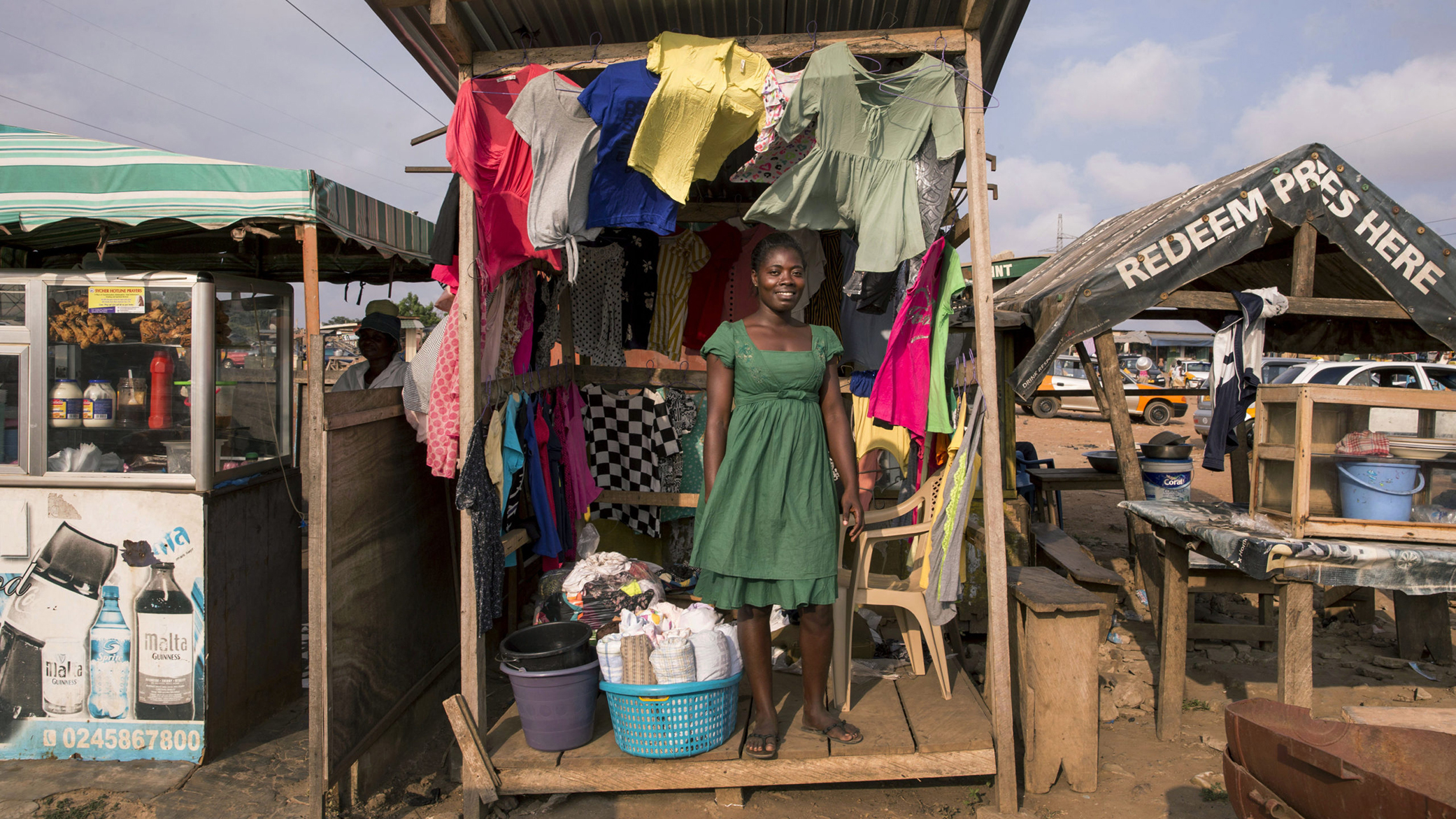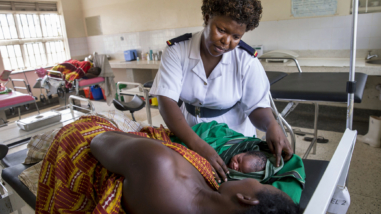Launching our global women’s economic empowerment strategy refresh process

We are excited to launch the refresh of our women’s economic empowerment strategy. Every five years or so each Hewlett Foundation grantmaking strategy undergoes a refresh process to ensure our efforts are meaningful and responsive. This process allows us to ask what has worked, what we have learned, and how we can adapt to a changing world.
The Hewlett Foundation is committed to helping women gain control over crucial decisions in their lives. This work began with grants to increase access to family planning information and services, especially in East and West Africa, and grew to encompass a broader framework of women’s health and human rights. Five years ago, we launched our first women’s economic empowerment (WEE) strategy to guide a set of grants to increase women’s agency, opportunities, and control over resources. As we are refreshing both our international reproductive health and women’s economic empowerment strategies in parallel, we will have the opportunity to look at synergies between the two strategies.
Within the WEE portfolio, we focus on grants related to advancing women’s economic opportunities and enhancing women’s agency to make and act on economic decisions. But the world looks very different now than it did five years ago, and the COVID-19 pandemic is exacerbating inequality for women’s opportunities and agency through the loss of jobs and livelihoods, increased care responsibilities, and a heightened risk of violence among other things. We want to be adaptive and responsive to these challenges and help to accelerate an inclusive agenda for women’s economic empowerment going forward.
What will the refresh process look like?
The strategy refresh is guided by two women-led firms, SRI Executive and Kore Global, who are committed to a feminist and inclusive process that is open, transparent, humble and aware of voice, complexity, and diversity. The approach is meant to help grow the good, to listen, to learn and to challenge where power and privilege are concerned. The refresh process has three elements:
- An evaluation of the work that occurred over the past five years. We will focus on looking backwards and evaluating what has been achieved based on our theory of change. The evaluation will include a survey of and discussions with grantee partners, co-funders and colleagues working in the field, focus group discussions and a desk review of internal documents and reporting. Through the evaluation we are interested in learning how and why change did or did not happen, and whether and how Hewlett’s strategy may have contributed to that change.
- A stocktaking of the current landscape. We will examine the current landscape for women’s economic empowerment, including a review of the literature and conversations with grantee partners and an array of other stakeholders. Through the landscape scan, we are keen to learn about the current state of the women’s economic empowerment field and how it might evolve over the next five years.
- Developing a revised strategy using an evidence-driven and hypothesis-based approach. Utilizing learning from the evaluation, we will work in close partnership with the field to develop a revised strategy that is evidence-based, responsive to new opportunities and challenges, and builds on the work supported where we can uniquely add value and make a difference. Our goal is to identify opportunities for future funding that complement work that others are doing on women’s economic empowerment.
The values guiding us
Hewlett’s overall guiding principles will underpin the strategy refresh, and we have identified a set of values which we think are especially important for this process:
- Purpose and impact first. We intend to make results-oriented decisions based on our goal of improving women’s economic empowerment as best we can. We want to be both evidence informed and evidence generating.
- Process matters and openness, transparency, and humility are key. We aim for shared ownership and vision and want to include many internal and external voices. We believe in adaptability and flexibility and we aim to engage with multiple dimensions of equity. We are committed to listening and learning throughout the process.
- Designing to engage many voices early and often. We want input, ideas, and influence from those closest to issues, problems, and solutions, and we want all of our stakeholders—grantees, co-funders and colleagues working in the field—to partner with us to take women’s economic rights forward.
We expect the entire process will take just over a year. We will keep you updated about where we are in the process and what we are learning, and we hope you will provide us with feedback to ensure our strategy reflects the needs of our stakeholders. If you have questions or comments, please email us at WEEstrategy@Hewlett.org.
The Hewlett Foundation’s women’s economic empowerment strategy refresh team includes May Aguiar, Norma Altshuler, Althea Anderson, Jessica Avendano, Kim Brehm, Sarah Iqbal, and Alfonsina Peñaloza.


